Screen time: Health checks meant for those ‘who need it the most’
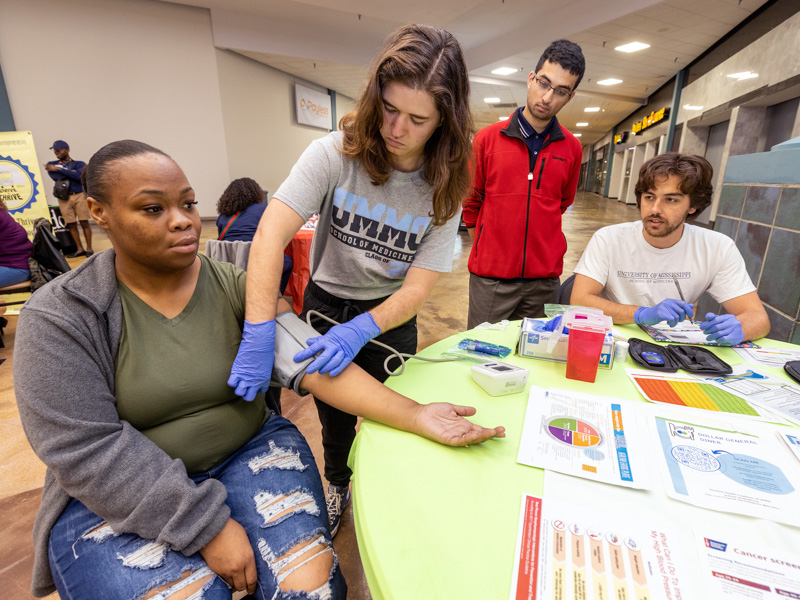
At the Yockanookany River Fest last month in McCool, Avery Bouchillon set up a health screening station and got ready for questions about blood glucose, blood pressure, body mass index and more.
But the second-year medical student wasn’t quite prepared for the question she heard more than once: “Are you getting bonus points for this?’”
She was not. What she got instead was the chance to help people get healthy, or stay that way, long before she graduates from medical school.
And she’s just one of 139 School of Medicine students doing so as members of the Student Health Coalition, a student interest group co-founded recently by Isabella Kelly of Oxford at the University of Mississippi Medical Center.
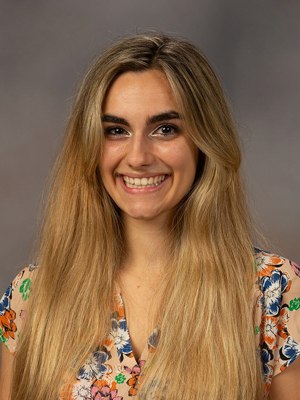
“We know that when patients go to the doctor sometimes they don’t know or understand everything that’s going on or even what questions to ask,” said Kelly, who created the SHC with fellow M2, Jordan White.
So, the students go to the patients, so to speak, providing free blood pressure and blood glucose monitoring, Body Mass Index (BMI) information and details about a healthy, and affordable, eating plan.
As part of their outreach, they do “Hometown” health checks organized by individual students wherever they grew up or in a town where their relatives are rooted.
Closer to their medical school home in Jackson, they have appeared at The Juneteenth Celebration, Vibe Fest, and Mississippi Pickle Fest.
This month, a team led by medical student Shade Smith planted itself in the Vicksburg Mall during the Group of Concerned Citizens’ Non-profit/Resource Fair in Vicksburg.
“I like the idea of being able to give information to people who need it the most,” Smith said. “As students, we are flexible, and the value we have is that we can go almost anywhere, anytime, whenever we are free.
“It requires very little of us except our time. We can do some good and make people in the communities feel like they’re seen.”
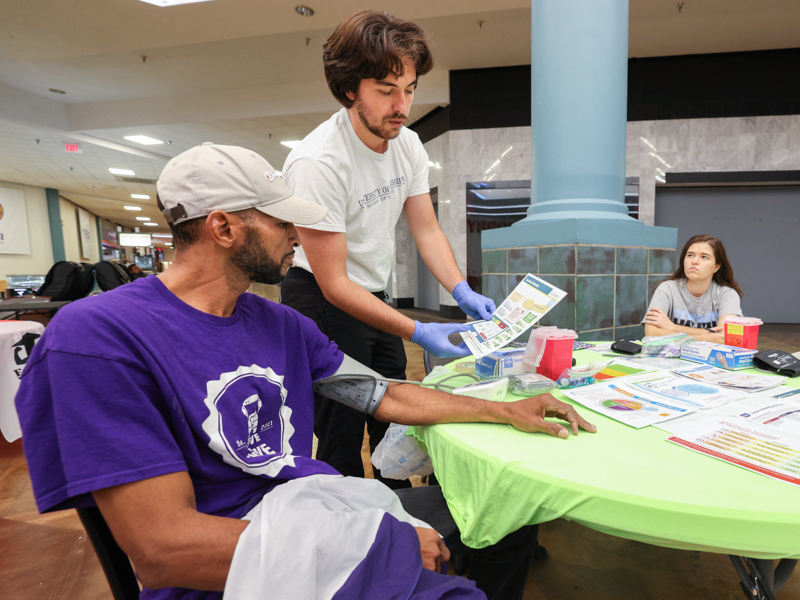
Smith saw, among others, Ernest Galloway of Vicksburg, who attended the fair as a representative of children’s afterschool program. “While I was there, I got checked, and it’s good that I did,” Galloway said.
“I had never known about my blood pressure before; I found out it was high. I will do a follow-up and get a doctor’s appointment.”
Galloway is one of around 700 people surveyed throughout the state since the coalition’s first event in June, Kelly said. “We have been to 15 different counties so far.”
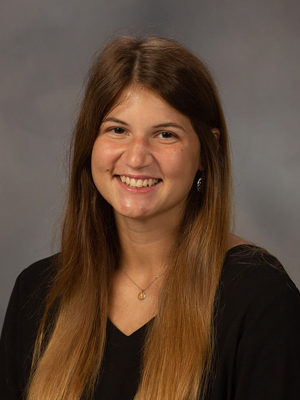
In Attala County, at the Yockanookany celebration, Bouchillon met 30 to 40 people in about six hours from her perch in front of the fire station, where she tried to douse the fires of uncertainty and confusion.
“Often, the people we screen are those who don’t go to the doctor because they don’t have insurance,” Bouchillon said.
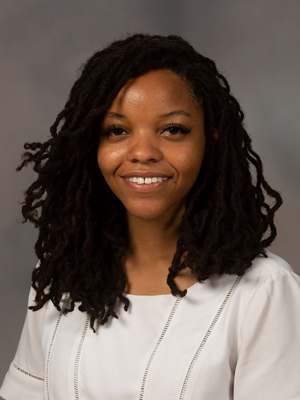
“So, the screenings are always attached to an event people are going to attend anyway,” said Charmin Guy, an M2 who recently checked 15-20 residents in her hometown of Olive Branch and in nearby Hernando.
Guy planned her Hometown event through her church and its work with Precious in Pink Jail Ministries, which supports women recently released from incarceration.
“The women I met asked me, ‘Can I get you more people to screen?’” Guy said. “They thought this was for a class, for a grade. I told them, ‘No, I’m just here for your health.’”
But, as her fellow students do, Guy made sure the people she saw understood she was not a diagnostician.
“We can’t tell them they have high blood pressure, for instance,” Kelly said. “We have told some people they should go to a doctor soon. Some were afraid to see their blood pressure numbers because they hadn’t been to the doctor in so long.”
Mississippi, by the way, ranks 18th in hypertension mortality by state, reports the National Center for Health Statistics. The state consistently scores near the top for rates of diabetes, a condition diagnosed by measuring blood sugar.
“One person we saw had a blood glucose reading of 380,” Kelly said. “At our screenings, we accept any numbers lower than 200 for non-fasting random blood glucose. “This person told us he would go to the doctor.”
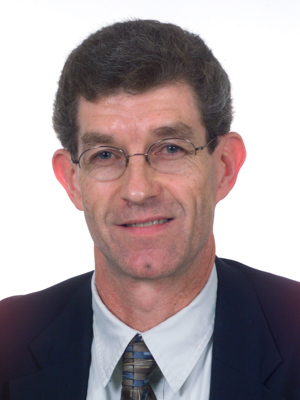
While blood pressure monitoring is also important, said Dr. Alan Penman, “we only occasionally pick up people who have undiagnosed hypertension. We do quite often pick up people walking around with very high blood sugar that hasn’t been diagnosed and who have diabetes or prediabetes; often, it’s because they don’t have access to health care or a provider.”
Penman, professor of medicine in the Department of Preventive Medicine at UMMC, is the student group’s advisor and co-organizer.
“The main benefit of these screenings, I believe, has been health education, the fact that students are out and talking about these things and measuring these things; this draws attention to what are public health problems.
“Talking about being overweight, how to eat better, is one of the most important pieces of this work. For the people the students see, that may be the only such advice they’ve ever gotten. It’s difficult sometimes for a primary care physician to have enough time to do this.”
And the advice is written down and colorfully illustrated. “We have a diet sheet called the Healthy Eating Plate, with a lot of advice about portion sizes and calorie values,” Penman said.
The plate is borrowed from the cabinet of the Community Health Advocate program, designed by, among others, former UMMC faculty member Dr. Rick deShazo, professor emeritus of medicine, and Dr. Deborah Minor, professor of medicine and associate professor of pharmacy practice.
The SHC, Penman said, is, more or less, a continuation of the CHA program created several years ago and functions alongside it. “The CHA program was aimed at training lay people who had no medical background. They would be advocates for proper health in their neighborhoods, and this was centered on lower-income communities.”
Penman joined CHA sometime after it started. At that time, he was teaching a lot of junior medical students “and I thought this would be great for them to learn,” he said. “I used to train the whole M1 class, and we gave them opportunities for them to go out and do community health checks.
“It requires a little bit of background knowledge of hypertension, diabetes, particularly type 2; and overweight and obesity issues, along with a path to healthy eating.
“And, then, many of the other campus schools took it up, or were already doing similar work.”
In 2020, COVID-19 curtailed the scope and impact of these community encounters. “But it has certainly picked up this year. I have to give credit to the students,” Penman said. “They came up with idea of forming the SHC. Isabella and her class have really gone to bat with this.
“It will probably continue in its current form, but I would emphasize that it’s incumbent upon the students to do it.
“And that’s another benefit of this outreach: It’s good P.R. for the Medical Center. People like to see medical students out in the community.”


